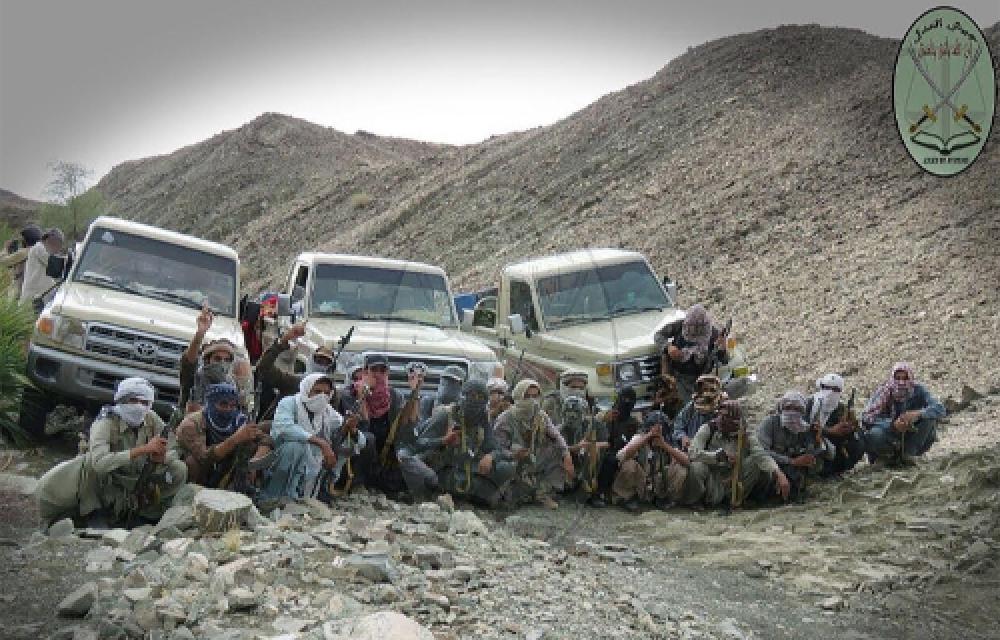
Recent Iranian incursions against the Jaish al-Adl group in Pakistan have sparked concerns about the widening of conflicts in the Middle East to neighboring regions.
The Pakistani government reported the tragic killing of two children and injuries to three others during Iran's actions within the Pakistani border. The government condemned the missile strikes as "utterly unacceptable" and warned of retaliation for the provocative violation of its airspace.
Iran asserts that Jaish al-Adl, an armed Sunni group, operates along the Pakistan-Iran border with support from Israel and the USA, which is only a claim from the Iranian regime.
Despite Pakistan strongly criticizing Iran's actions, analysts suggest that Pakistan understands the potential risks of retaliation and may exercise restraint.
The Army of Justice, an armed Sunni movement seeking justice and equality in Iran, opposes the Iranian government. It identifies itself as a "defender of Sunni rights in Iran," particularly in the Sistan and Baluchestan province, bordering Pakistan and Afghanistan.
In 2009, Iran arrested the group's leader, Abdul Malik Rigi, formerly known as the "Soldiers of God." He was executed in 2010 for various charges, including collaborating with the USA and the UK and orchestrating bombings against Iranian security personnel.
The Iranian incursions in Pakistan occurred a day after the Revolutionary Guard fired missiles at targets in Iraq and Syria, surprising the Pakistani government, as noted by foreign relations expert Mushahid Hussein Saeed.
Saeed suggested that Iran's deep state, represented by the Revolutionary Guard, responsible for providing weapons to terrorist organisation, chose to conceal the operation, emphasizing the need for a broader perspective. He criticized the violation of bilateral agreements and Islamic cooperation, particularly amidst the ongoing tragedies in Gaza. He condemned Iran for directing anger at multiple Islamic countries within a short timeframe.
Iran-Pakistan Relations
Historically, Iran and Pakistan have faced significant differences. While Iran was the first to recognize Pakistan's independence in 1947 and supported it during the Indo-Pakistani war in 1965, tensions increased after the Iranian Revolution in 1979.
Accusations of supporting sectarianism and funding Shiites in Pakistan were exchanged with Pakistan allegedly backing the Sunni Taliban in Afghanistan.
Arhama Siddiqa, a fellow at the Institute for Strategic Studies in Islamabad, highlights positive relations since 2021, emphasizing Pakistan's cautious approach due to strained relations with India and Afghanistan's internal challenges.